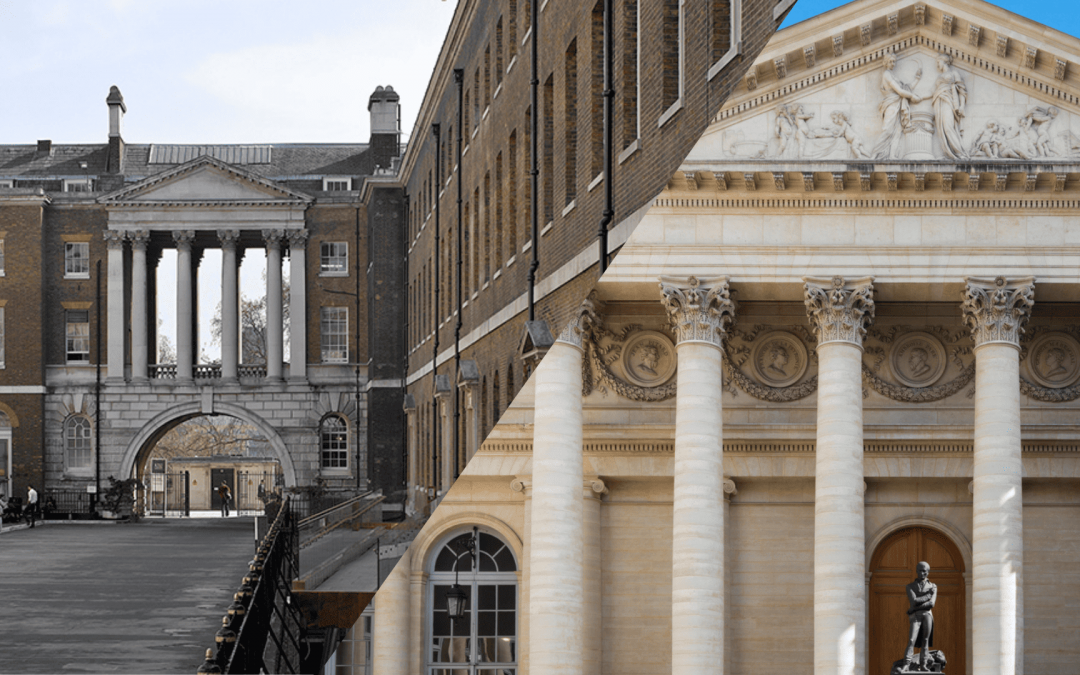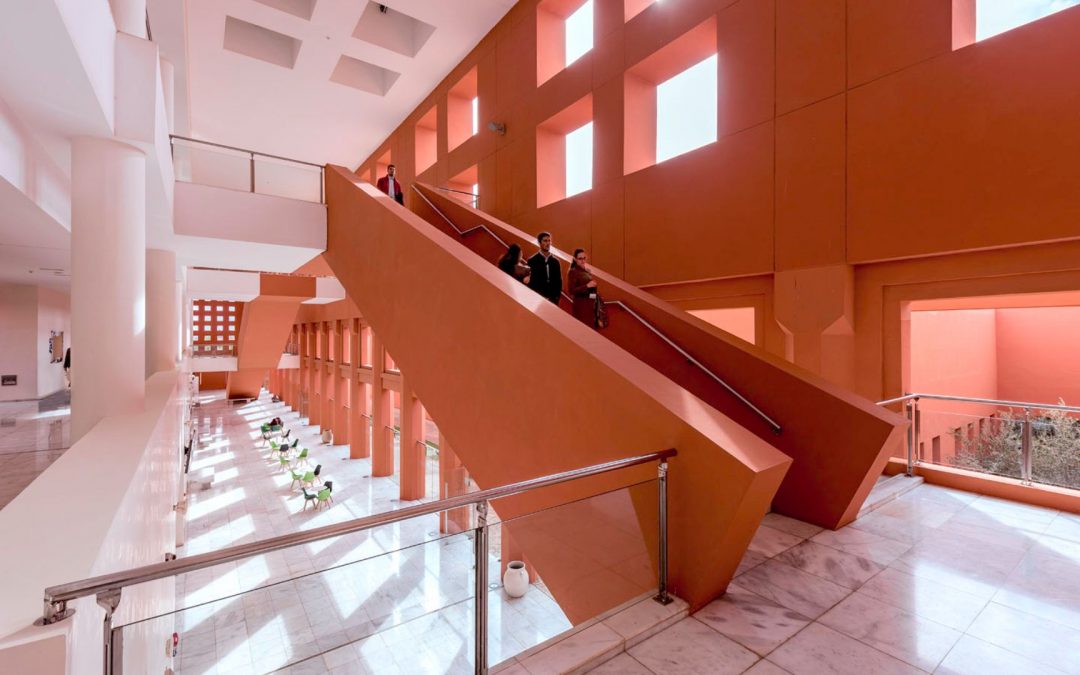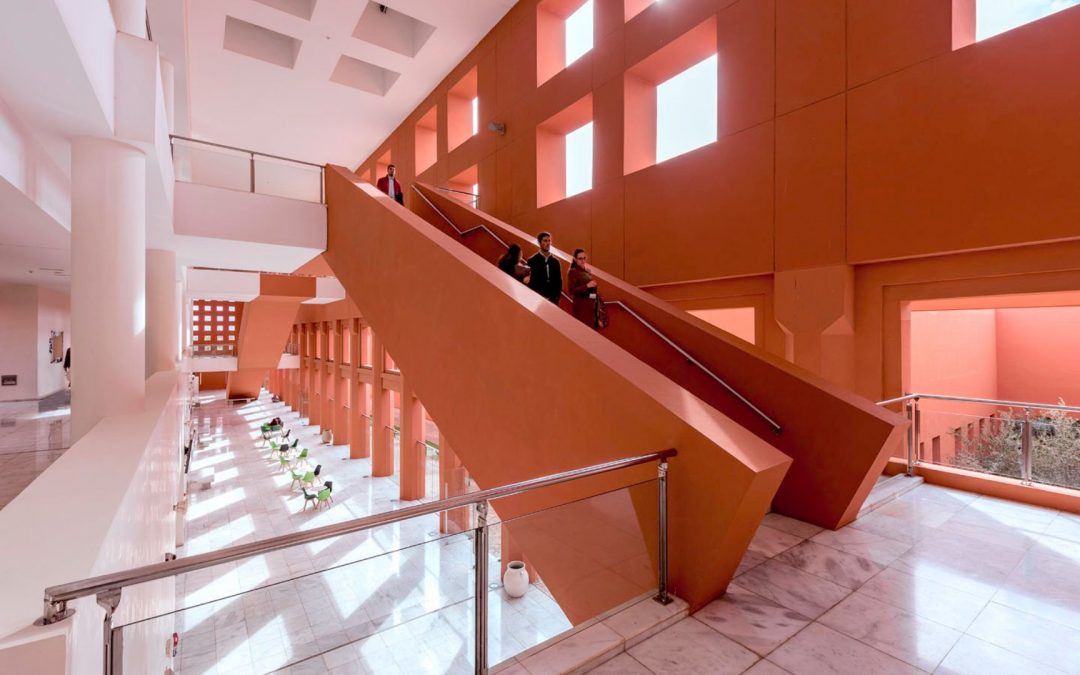Our research policy
In a French landscape that is being restructured into major clusters, with the ambition of recreating several world-class universities in France, Université Paris Cité represents a leading force in research, already highly visible nationally and internationally.

If the core vocation of Université Paris Cité is first and foremost research at the highest level, it pays great attention to the major societal issues and to the training through research of the future actors of French society.
Nearly one out of ten scientific articles published in France comes from the laboratories of Université Paris Cité. As the leading French university in terms of citations per article, it awards 8% of doctorates at the national level and develops research of the highest international standard, directly connected to international issues and players, with a particular ambition on a European scale.
By focusing on new forms of collaboration with national research organisations and the AP-HP, as well as on new modes of governance and steering of research and training, Université Paris Cité aims to enhance its visibility and attractiveness even further.
Fundamentally multidisciplinary and with a solid experience of interdisciplinarity, Université Paris Cité develops high-level research in all fields of knowledge, from the exact and experimental sciences to the human and social sciences.
It is notably visible in the fields of earth sciences, medicine and, more broadly, biology and health, and brings together one of the largest groups of laboratories associated with the CNRS and INSERM.
It is also expanding its research potential by developing numerous research programs with its USPC partners. More broadly, Université Paris Cité is committed to collaborating with all the major players in national and international research.
The research policy of Université Paris Cité is built in a concerted manner with its faculties, components and research structures, in close collaboration with national research organizations. Its main strategic directions are broken down into sectors of excellence to be supported, themes to be strengthened, new disciplinary fields to be developed and interdisciplinary interfaces.
It has a voluntarist international policy to attract the best teacher-researchers and researchers at all stages of their careers. In particular, this policy allows the establishment of new research areas on emerging themes.
It relies on a range of mechanisms to encourage ambitious projects, in partnership with regional, national, European and international players.
Read more

Call for projects 2025 UPCité – King’s College London
The call for projects between Université Paris Cité (UPCité) and our privileged partner King's College London (KCL), has been launched this friday, May 9th 2025. The objectives Université Paris Cité and King's College London are offering offering a seed funding for...

UM6P and UPCité Offer Two Joint PhD Scholarships
Mohammed VI Polytechnic University (UM6P) and Université Paris Cité (UPCité) are strengthening their collaboration by offering two joint PhD scholarships for thesis projects affiliated with one of UPCité’s Graduate Schools. This call aims to reinforce...

Radon Emissions on Mars and the Moon: The Contribution of Meteorites

Results of the first call for projects with Mohammed VI Polytechnic University
The first call for projects launched between Université Paris Cité and Université Mohammed VI Polytechnic in 2024 generated a great deal of interest. 24 proposals were submitted by pairs of researchers, one from UPCité and the other from UM6P, in all disciplines. A...
